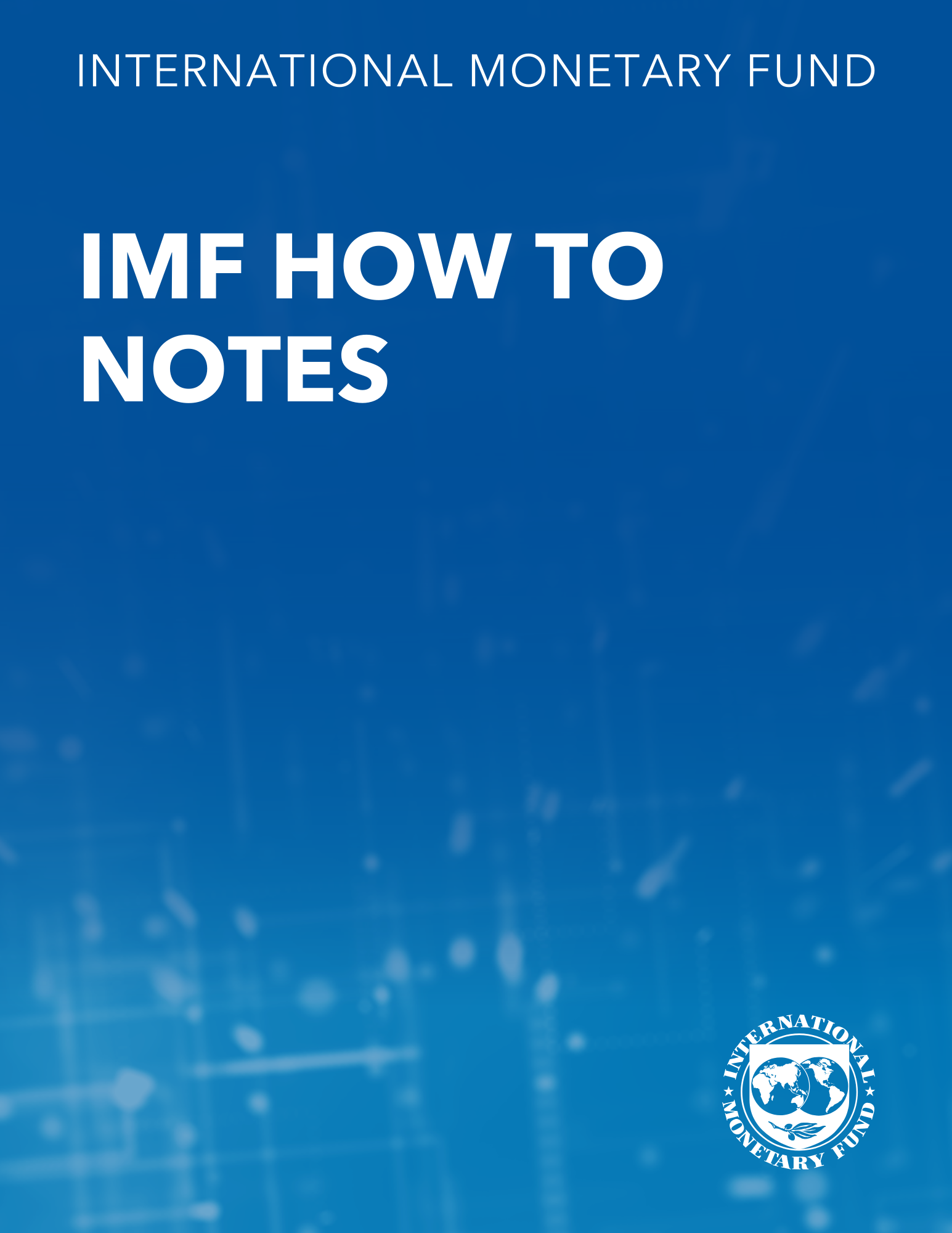Does Import Protection Discourage Exports?
January 1, 2006
Disclaimer: This Working Paper should not be reported as representing the views of the IMF.The views expressed in this Working Paper are those of the author(s) and do not necessarily represent those of the IMF or IMF policy. Working Papers describe research in progress by the author(s) and are published to elicit comments and to further debate
Summary
This paper points out that while many developing countries seek to increase their export earnings, they have not embraced fully the notion that their own pattern of import protection hurts their export performance. The paper quantifies the extent to which import protection acts as a tax on a country's export sector and finds that for many developing countries, the magnitude of the implicit tax is substantial-about 12 percent, on average, for the countries studied. The paper also illustrates the effects of various tariff-cutting scenarios in the Doha Round on export incentives and concludes that, in general, developing countries could increase their export earnings by reducing their own import tariffs, but countries must be careful about how these tariff reductions are achieved. For example, tariff-cutting schemes that exempt certain sectors could actually be harmful.
Subject: Export prices, Exports, Imports, International trade, Prices, Tariffs, Taxes, Trade barriers
Keywords: Africa, anti-export bias, developing country, export, export disincentive, Export prices, export tax, export-tax equivalent, Exports, import, import tariff, Imports, restrictiveness, tariff, tariff barrier, Tariffs, Trade barriers, welfare, WP
Pages:
27
Volume:
2006
DOI:
Issue:
020
Series:
Working Paper No. 2006/020
Stock No:
WPIEA2006020
ISBN:
9781451862805
ISSN:
1018-5941







